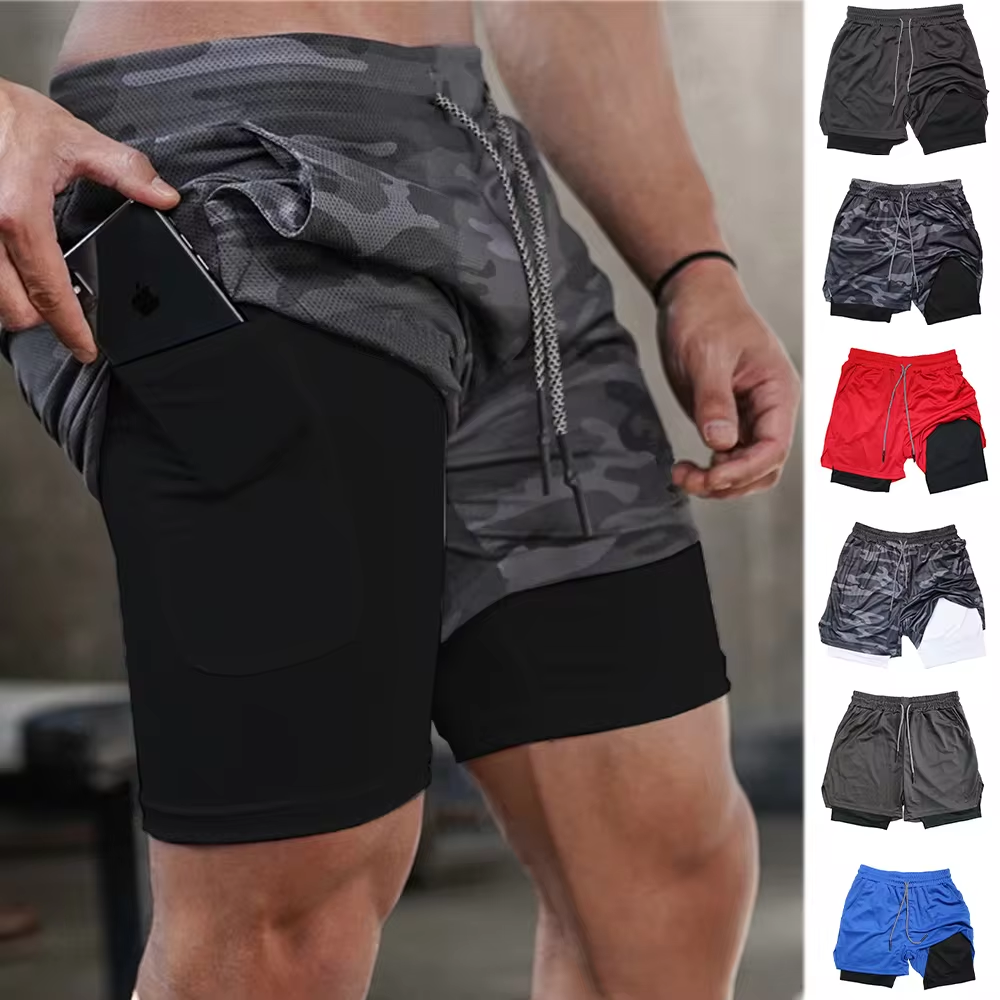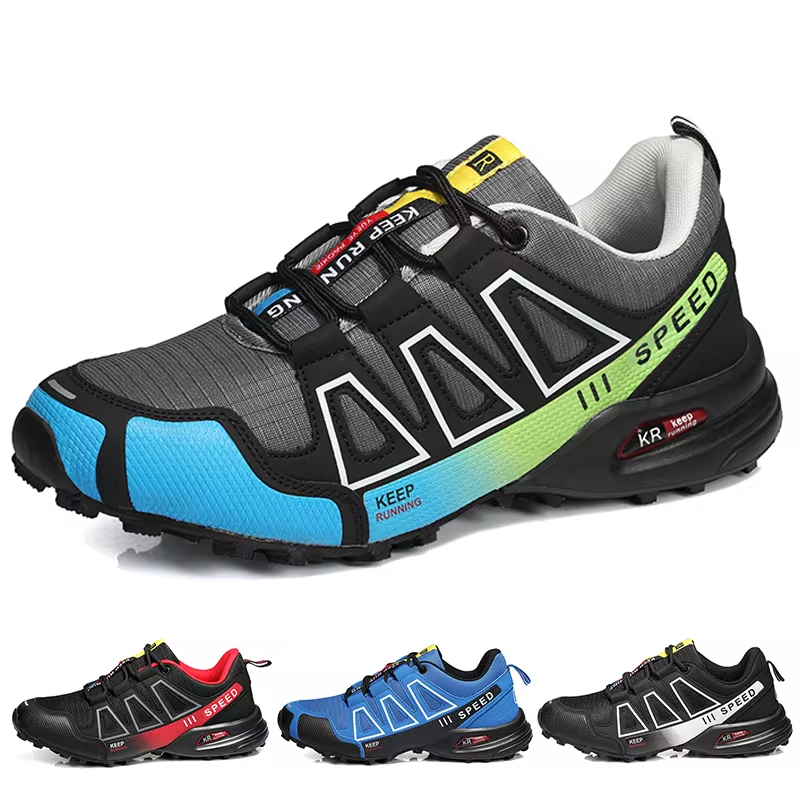Building Muscle with Exercise
Building muscle, or hypertrophy, involves a combination of targeted exercise, proper nutrition, and adequate recovery. Here’s a guide to help you understand the fundamentals of muscle growth through exercise:
1. Types of Exercise for Building Muscle
To build muscle effectively, focus on resistance training exercises. These include:
Compound Exercises
- Target multiple muscle groups simultaneously.
- Examples: Squats, deadlifts, bench press, pull-ups, overhead press.
- Benefit: Build overall strength and muscle mass efficiently.
Isolation Exercises
- Target a specific muscle group.
- Examples: Bicep curls, tricep extensions, leg curls, lateral raises.
- Benefit: Help sculpt and define muscles after compound movements.
2. Key Principles for Muscle Growth
Progressive Overload
- Gradually increase the resistance or difficulty of your exercises to challenge your muscles.
- Methods: Add weight, increase repetitions, or reduce rest time.
Optimal Repetition Range
- Perform 6-12 repetitions per set for hypertrophy.
- Use enough weight to make the last few reps challenging.
Volume and Frequency
- Aim for 3-5 sets per exercise and train each muscle group 2-3 times per week.
- Balance your routine to target all major muscle groups.
Proper Rest Between Sets
- Rest 60-90 seconds between sets for hypertrophy.
- Adjust rest times based on exercise intensity and goals.
3. Complementary Factors for Muscle Growth
Nutrition
- Protein Intake: Consume 1.6-2.2 grams of protein per kilogram of body weight daily.
- Caloric Surplus: Eat slightly more calories than your body burns to support muscle repair and growth.
Recovery
- Muscles grow during rest, not during workouts.
- Prioritize 7-9 hours of quality sleep and include at least one rest day per week.
Hydration
- Stay well-hydrated to maintain workout performance and recovery.
4. Effective Muscle-Building Exercises
Upper Body
- Chest: Bench press, push-ups, chest flies.
- Back: Pull-ups, bent-over rows, lat pulldowns.
- Shoulders: Overhead press, lateral raises, face pulls.
- Arms: Bicep curls, tricep dips, hammer curls.
Lower Body
- Quads: Squats, lunges, leg press.
- Hamstrings: Deadlifts, Romanian deadlifts, leg curls.
- Glutes: Hip thrusts, glute bridges, Bulgarian split squats.
- Calves: Calf raises, seated calf raises.
Core
- Planks, Russian twists, hanging leg raises.
5. Tracking Progress
- Log Workouts: Record weights, sets, and reps to monitor improvement.
- Measure Growth: Use photos, tape measurements, or body composition analysis.
By combining these strategies with consistency and patience, you can achieve significant muscle growth. Would you like help designing a specific workout program tailored to your goals?




